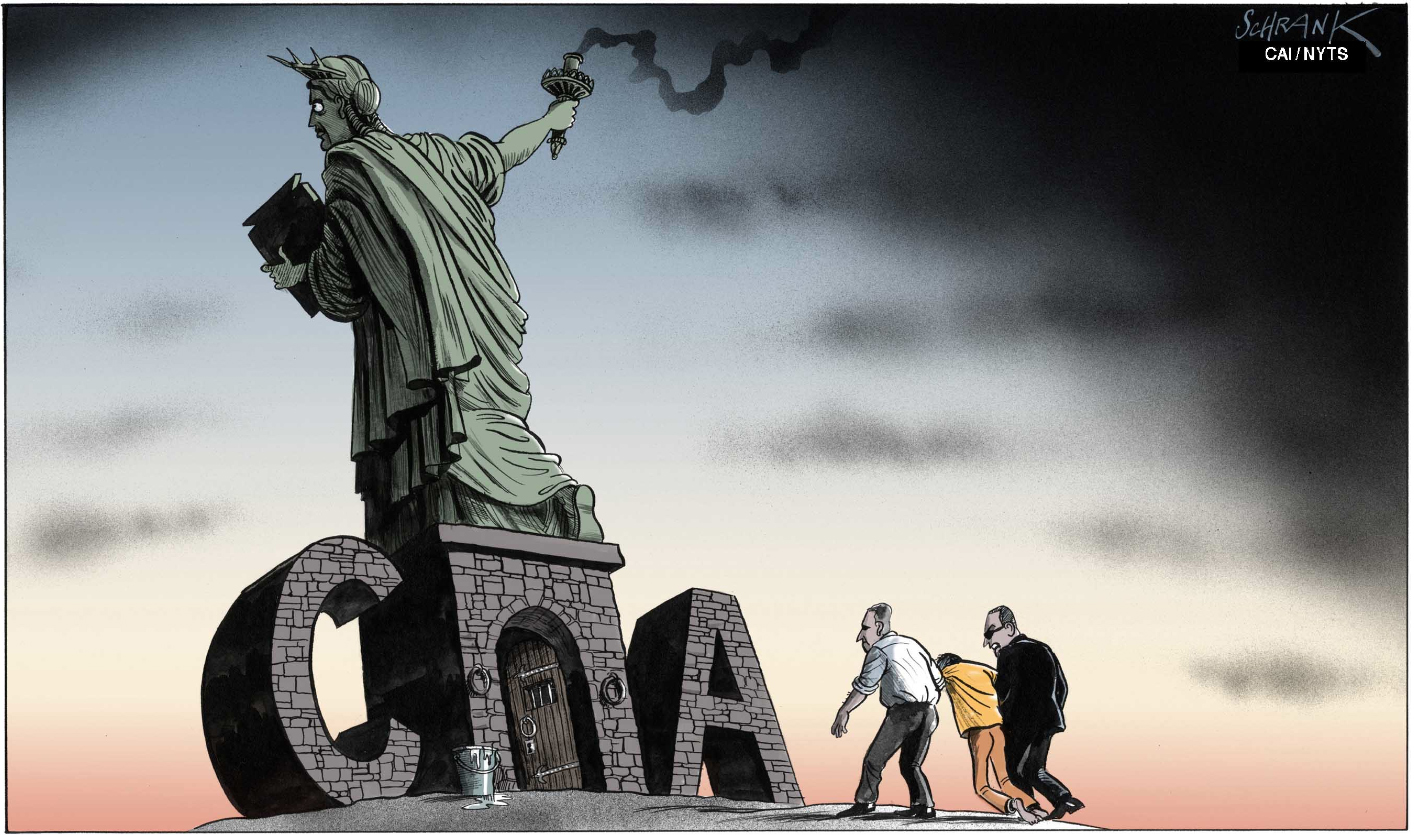The wartime Western allies, their judges sitting in judgment on war crimes in the city of Nuremberg, ordered hung until dead 11 major World War II criminals at Spandau Prison in Germany on Oct. 6, 1946. Those judged were not hung because their crime was that they were themselves torturers; they were too highly placed for that. They were people who had ordered that the gloves be taken off. It was the people under their orders who took the gloves off and tortured and murdered.
For many years preceding World War II, torture of a human being was widely accepted as being a heinous crime. It was not formalized in international law as such, because it was taken as part of the General Law of Humanity, which is to say law that was taken to be obvious to humans in Western civilization.
Since World War II and the Nuremberg Trials, and other war crimes trials held in the months and years that followed, torture has been formally identified as an international crime in a number of conventions and treaties, and by such bodies as the International Red Cross, and of course the United Nations.


















With your current subscription plan you can comment on stories. However, before writing your first comment, please create a display name in the Profile section of your subscriber account page.